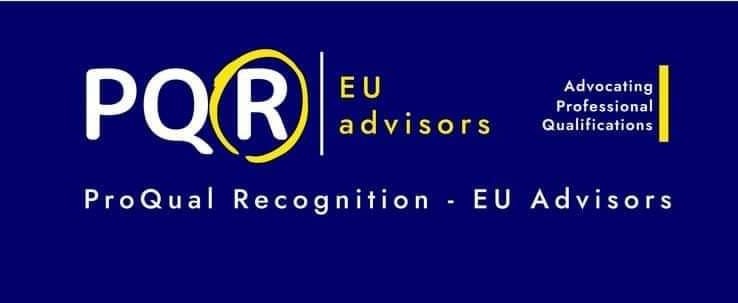The landscape of work has shifted profoundly, and with it, the role of Human Resources has evolved from administrative support to strategic leadership. As organizations adapt to global disruptions, emerging technologies, and evolving employee expectations, HR professionals find themselves at the forefront of a new era of work experience—one that prioritizes flexibility, purpose, skills development, and holistic employee well-being.
Flexible Work Is Here to Stay
Remote and hybrid models are not just temporary adjustments—they are the foundation of the modern workplace. HR departments must now design flexible policies that support diverse work styles, time zones, and personal responsibilities. This includes redefining productivity metrics, ensuring equitable access to resources, and reimagining onboarding and team integration for distributed teams.
From Degrees to Capabilities
The traditional emphasis on formal qualifications is giving way to a focus on skills and potential. HR leaders are increasingly turning to skills-based hiring models, where practical abilities, adaptability, and continuous learning matter more than academic credentials. This approach opens up access to a broader and more diverse talent pool and aligns better with fast-changing business needs.
Employee Experience Is the New Competitive Edge
Work experience today encompasses more than job duties—it includes company culture, psychological safety, personal growth opportunities, and a sense of purpose. HR must champion initiatives that foster inclusion, mental health, and meaningful engagement. Investing in people-first policies and listening to employee feedback isn’t optional—it’s a strategic imperative.
HR Tech and Data-Driven Decision Making
The rise of HR tech tools—from AI-powered recruiting platforms to real-time employee sentiment analytics—gives HR leaders unprecedented insight into the workforce. Embracing data allows HR to make informed, proactive decisions about hiring, retention, DEI, and succession planning. However, the challenge lies in using this data ethically and transparently.
Lifelong Learning and Internal Mobility
The ability to reskill and upskill is now a key component of career development. HR must collaborate with learning and development (L&D) teams to offer accessible, personalized learning journeys. Encouraging internal mobility—through mentorships, rotational programs, or internal gig marketplaces—boosts retention and helps employees future-proof their careers.
HR as Architects of the Future Workplace
This new era of work is redefining how people grow, connect, and thrive within organizations. For HR, this is an opportunity to become architects of resilient, inclusive, and future-ready workplaces. By embracing flexibility, prioritizing well-being, and leading with empathy, HR can ensure that the employee experience evolves in step with the world around it.
We undertake the recognition of academic titles and professional qualifications of employees recruited through HR companies in any EU Member State, as well as the approval of the required immigration visa in the case of recruited scientific personnel from non-EU countries (third countries) to the EU.
If you require any further information, please feel free to reach out to us now:info@proqualrecognition.eu

